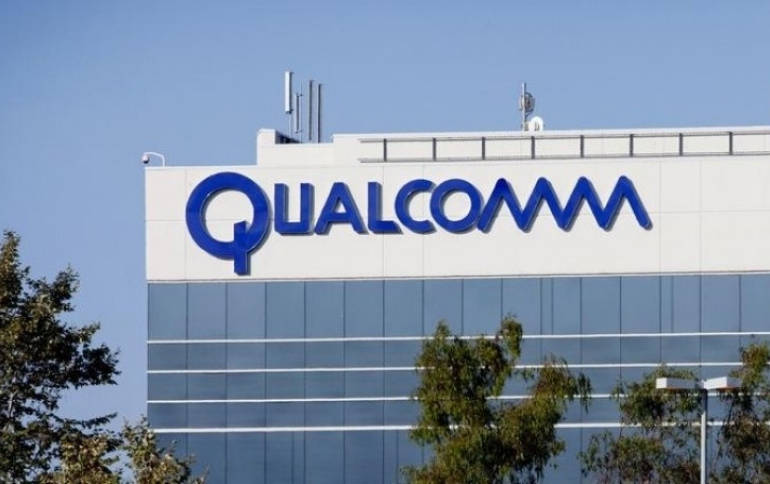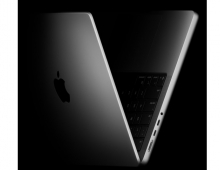
Apple Rejected 5% Handset Royalties Plus CDMA Tax For iPhones Proposed by Qualcomm
Apple on Monday said that it did not agree on a proposed 5% royalty per iPhone plus a “CDMA tax” required by Qualcomm, in a testimony in the Qualcomm-FTC case in San Jose, California.
In the case, the US Federal Trade Commission (FTC) accuses Qualcomm of operating a monopoly in wireless chips, forcing customers like Apple to work with it exclusively and charging excessive licensing fees for its technology.
Qualcomm is the world's biggest provider of mobile chips, and it created technology that's essential for connecting phones to cellular networks. The company derives a significant portion of its revenue from licensing those inventions to hundreds of device makers, with the fee based on the value of the phone, not the components.
Provided that Qualcomm owns patents related to the 3G, 4G and 5G networking technology, all handset makers building a device that connects to cellular networks have to pay it a licensing fee, even if they don't use Qualcomm's chips.
On Monday's sessions, Apple’s chief operating officer Jeff Williams testified in the antitrust case. He said that Apple struck a deal with Qualcomm in 2007 to set royalties on iPhones at $7.50 per handset. But Apple’s current second-in-command took the witness stand to denounce the $7.50-a-phone fee as an unfair business practice. Williams said that the $7.50 royalty amounted to billions of dollars a year, adding that Qualcomm "charged more than everyone else together.”
“We led the charge to add a lot of NAND memory” in handsets, but “if we put an extra $100 in NAND, they would get $5 of that even though they didn’t have anything to do with it,” he said. Apple spends “an extra $60 in stainless steel enclosures, and Qualcomm would collect an extra $3 — that didn’t make sense to us, and it still doesn’t today,” he added.
In addition, the $7.50 royalty deal didn’t apply to CDMA phones or iPads, according to Williams, adding that the licensing terms for the cellular protocol that Qualcomm developed “roughly a $250 million CDMA tax.”
Williams said that Apple proposed that it pay $1.50 per baseband chip used. Under the final deal, Apple’s contract manufacturers paid Qualcomm its usual 5% handset royalty under their existing patent licenses, Apple reimbursed them, and Qualcomm reimbursed Apple. Apple did not strike a patent deal directly with Qualcomm under the arrangement.
Apple didn’t use Qualcomm modems in its devices until 2011, but it still owed Qualcomm royalties due to its patents. For the initial iPhone models, Apple used modems from Infineon, which was acquired by Intel in 2010. In 2011, Qualcomm and Apple aggreed to keep royalties at the same level while giving Qualcomm a "sort-term exclusivity" as the iPhone’s cellular baseband supplier. Apple also asked Qualcomm for a billion dollars to transition from using Infineon basebands.
However, a long-term exclusivity agreement would not allow Apple to use baseband chips from other sources, such as Intel.
The licensing fight soured the relationship between the world’s leader in semiconductor technology and the iPhone maker, leading Apple to sue Qualcomm in 2017. Williams testified Monday that the legal battle prompted Qualcomm to refuse to provide chips for the 2018 iPhones, despite his efforts to negotiate a deal.
Williams said that Qualcomm has not supported Apple on new design wins since 2017. As a result, the company turned to Intel to get baseband chips for the iPhone XS, iPhone XS Max, and iPhone XR released in September and October..





















